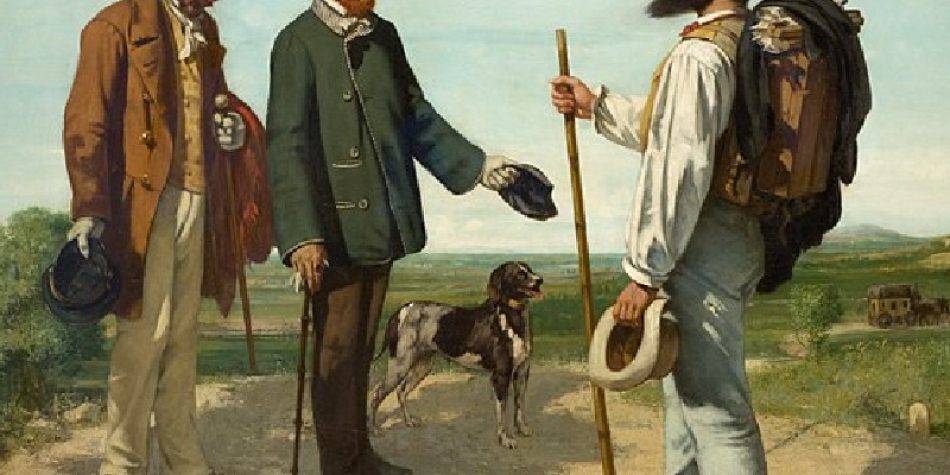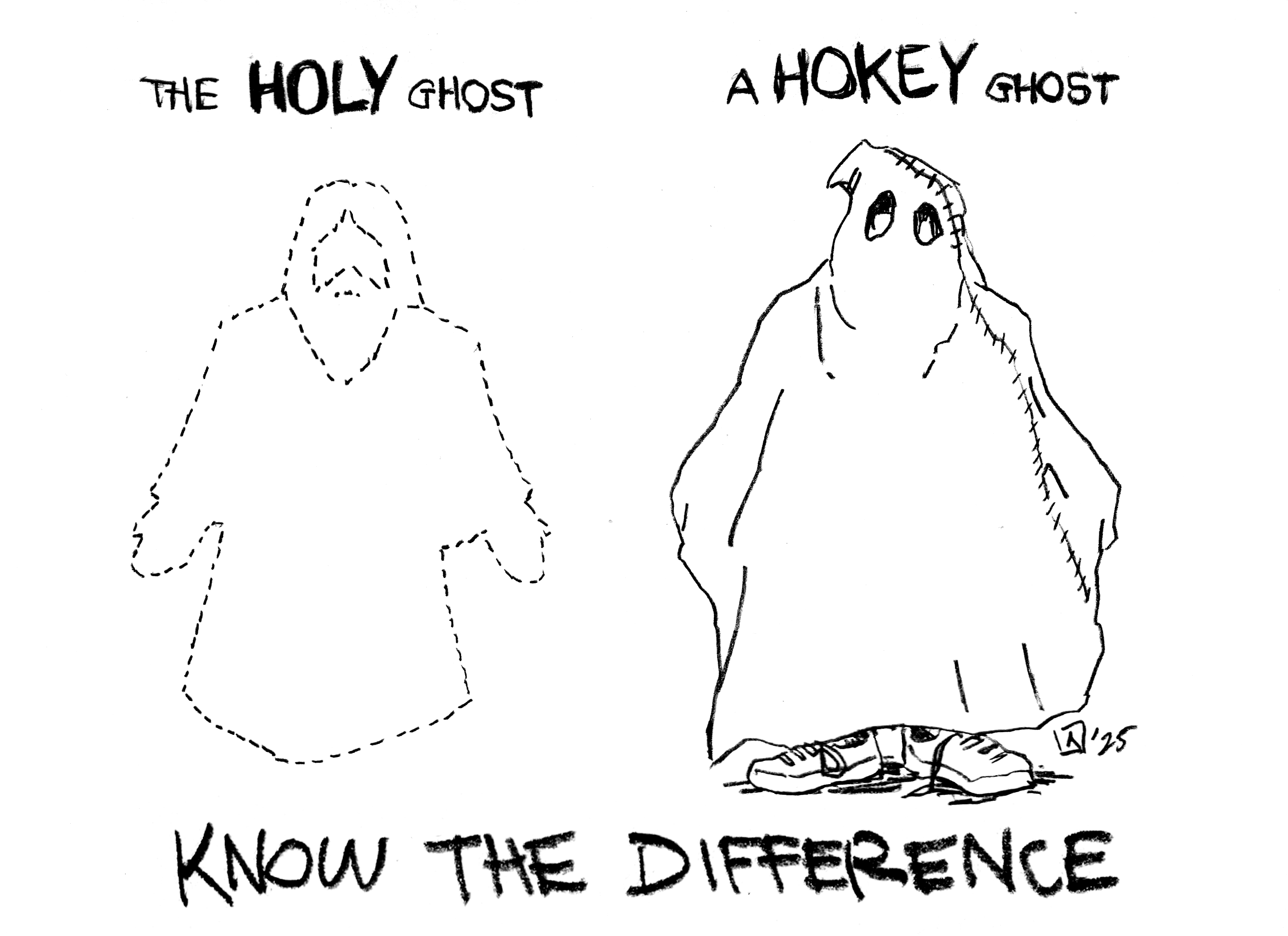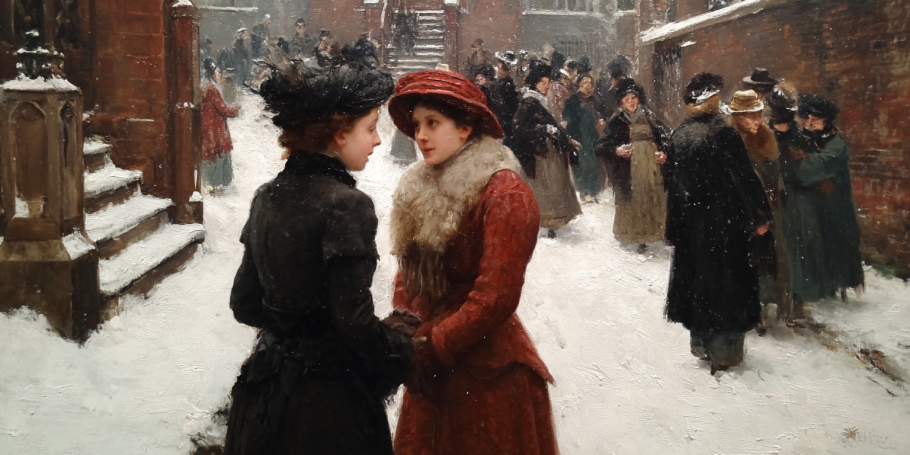Replacing racism in our society with the “liberty and justice for all” that our Constitution promises is a process that is neither simple nor easy. A major complication to this process is the intense public debate over the meaning of anti-racism, as well as its ideological excesses and unintended consequences. I am still in the thick of navigating these debates. But I feel confident in saying this about solving the problem of racism: if being “color blind” means not recognizing that people of color continue to deal with uniquely disproportionate suffering, then I am not color blind, and I don’t want to be.
Reflecting on my own past commissions of racist attitudes and behaviors and the equitable ideals of my faith have made me realize that I can do more to make this world a better and kinder place. In the words of author Colin Seale’s summary of Dr. Martin Luther King’s views on racial equity, I have decided “not to be color blind, but to be color kind.” And as a member of The Church of Jesus Christ of Latter-day Saints, I see the ultimate expression of being “color kind” as bringing people to know the pure love of Jesus Christ and His doctrine that can turn us from sins such as racism. From personal experience, I know that Jesus can heal wounds of every kind, redeem all human suffering, and reconcile the whole human family with God and with each other. Jesus can heal wounds of every kind.
The MLK Model for Racial Redemption
Without a doubt, one of the most important voices ever to be raised against racism was that of Dr. Martin Luther King Jr. His beliefs about race and civil rights, as well as his approach to activism, were steeped in his training as a Christian minister and fit into the broader Christian emphasis on the eventuality of universal human redemption. As stated in his 1967 address “Beyond Vietnam,” Dr. King looked to God, and specifically to Jesus Christ, as the source of the “all-embracing and unconditional love” that he believed would enable the integration of various races into society. From the perspective of Christian theology, Dr. King’s philosophy and approach to achieving racial justice are both nobler and more sensical than some strident voices which call for retribution. The fullness of the Gospel of Jesus Christ, as restored through the Prophet Joseph Smith, can help add to this approach
As summarized in their fourth article of faith, Latter-day Saints have a systematized approach to applying the teachings of Jesus Christ that I believe can promote racial harmony. Living the doctrine of Christ first involves placing one’s faith in and devotion to Jesus Christ and, by extension, sustaining His anointed prophets and apostles as His earthly representatives. That faith grants us access to the grace, or enabling power, of Christ’s atoning sacrifice to cleanse us from sin and change us for the better. Second, there must be individual repentance, including working to eliminate unkind feelings and attitudes (such as racial prejudice) toward others. Third, there must be sincere covenant-making and keeping with God, which invites a person’s consecration of his or her life to loving and indiscriminate service towards all others. This assumption of stewardship over one’s moral environment enables a person to be cleansed not only of his or her own sins but, like the prophet Ezekiel, of the sins of that person’s generation (see Ezekiel 3:17-19). Fourth, there is a receiving of the Gift of the Holy Ghost, which in the beliefs of the Church of Jesus Christ, invites actual divine assistance to overcome the selfish and prejudicial attitudes of the natural man. Last, there is a requirement to endure to the end of one’s life in obedience to this doctrine and the Christian fellowship it requires, reflecting an unshakable commitment to Christ and one’s fellow beings. These five points constitute the Latter-day Saint doctrine of Christ. Jesus Christ is the only final solution to racial conflict.
Real Efforts Towards Racial Redemption
The Church of Jesus Christ of Latter-day Saints both teaches and models obedience to the doctrine of Christ in a variety of ways, not the least of which is humanitarian service to the poor, marginalized, and disempowered. I see Christ’s ability to work miracles for the marginalized when I read of the life of Brazil’s Helvécio Martins, the Church’s first black General Authority. I see Christ’s capacity to overcome the pain and oppression of racism in the life of America’s Eddie Leroy Willis in his autobiographical work Panther to Priesthood. And I have personally witnessed Christ’s enabling power in the lives of the Cape Verdean people whom I served on my church mission and those about whom I read in Carlos Freire Veiga’s work Do Ramo ao Templo (From Branch to Temple). I know of the power of Christian racial redemption because I’ve seen some of the Church’s sizable efforts to alleviate poverty and social ills throughout the African continent. Finally, I have felt my own racist judgments, fears, and guilt abate as I have remembered that all of us are children of God and that I am bound by my covenants with Christ to bear the burdens of my black brothers and sisters.
President Russell M. Nelson has taught boldly that following the example of Jesus Christ is the only final solution to the racial conflicts throughout the world, be they of whatever nature they may. When the day comes that all people choose to make the doctrine of Christ their way of life, then, and only then, shall wickedness of every kind be extinguished from the world, every nation and race will be gathered and reconciled at the Savior’s feet, and there will finally be peace on earth (see 1 Nephi 22:26). I hope we all will unite in prayer, faith, and good works to prepare for that glorious day.
















